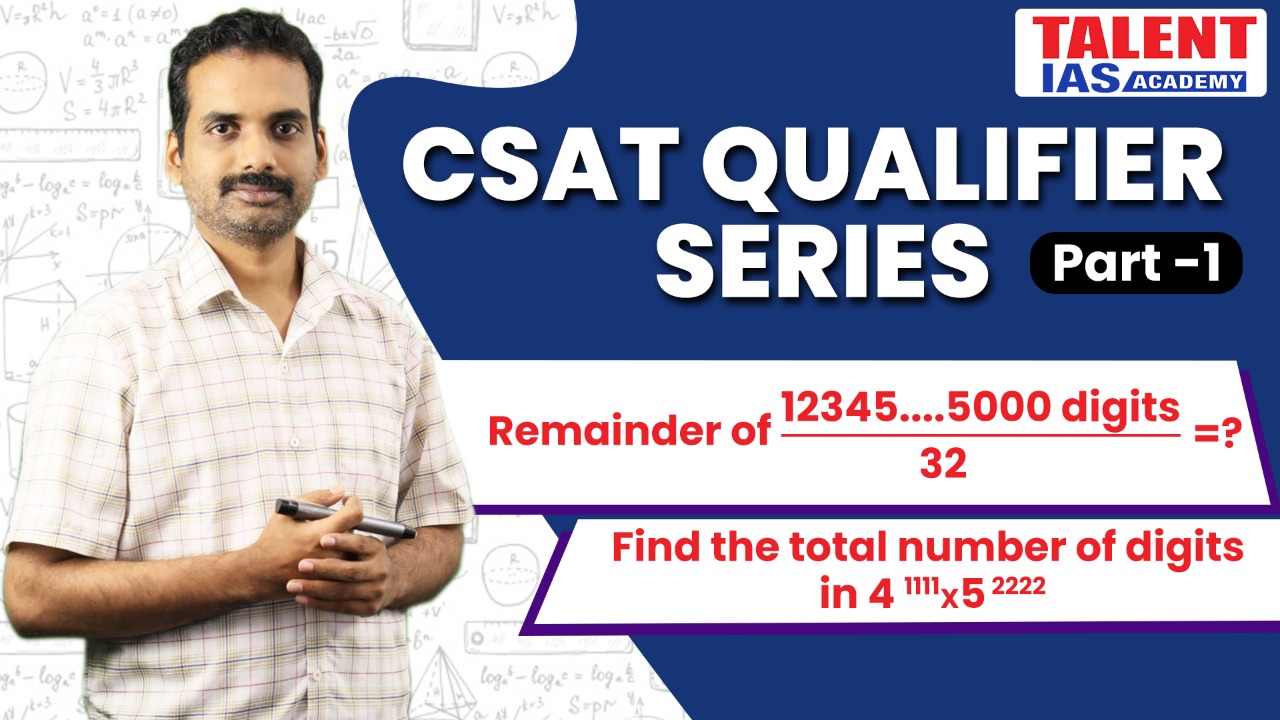Relevance:
Economic experts have opined that income tax must be paid if one’s income is above a threshold, irrespective of whether one is a farmer.
News Summary:
- Income tax is a direct tax that a government levies on income of its citizens.
- Section 10 (1) of Income Tax Act (1961) exempts agricultural income from tax.
- Agriculture is a state subject and State Governments can charge agricultural tax (Entry 46 in State List).
- Anomalies due to exemption –
- Laundering of non-agricultural income as agricultural income by individuals and corporate sector.
- Violation of Horizontal and Vertical Equity Principles in Taxation which ensures tax fairness.
- Lack of credibility about the way states issue farmer certificates.
- Committees recommended taxation of agricultural income –
- Report of the Taxation Enquiry Commission (1953–54)
- Raj Committee on Taxation of Agricultural Wealth and Income (1972)
- Fourth Five-Year Plan (1969–74)
- Report of Fifth Finance Commission (1969)
- Tax Reforms Committee (1991)
- Kelkar Task Force on Direct Taxes (2002)
- White Paper on Black Money (2012)
- Tax Administration Reform Commission (2014)
- Taxing of farmers can help in –
- Increasing number of taxpayers and share of direct taxes to total taxes.
- Reducing tax evasions with better record-keeping from farmers.
- Formalization of loans with a unified taxation across states.
- Challenges to taxation –
- Politically sensitive issue
- Extra burden on farmers (mostly small and marginal)
- Lack of clarity on land titles
- High crop output fluctuations etc.
Which one of the following is not a feature of “Value Added Tax”? (2011)
- It is a multi-point destination-based system of taxation.
- It is a tax levied on value addition at each stage of transaction in the production-distribution chain.
- It is a tax on the final consumption of goods or services and must ultimately be borne by the consumer.
- It is basically a subject of the Central Government and the State Governments are only a facilitator for its successful implementation.
Reference: New Indian Express








